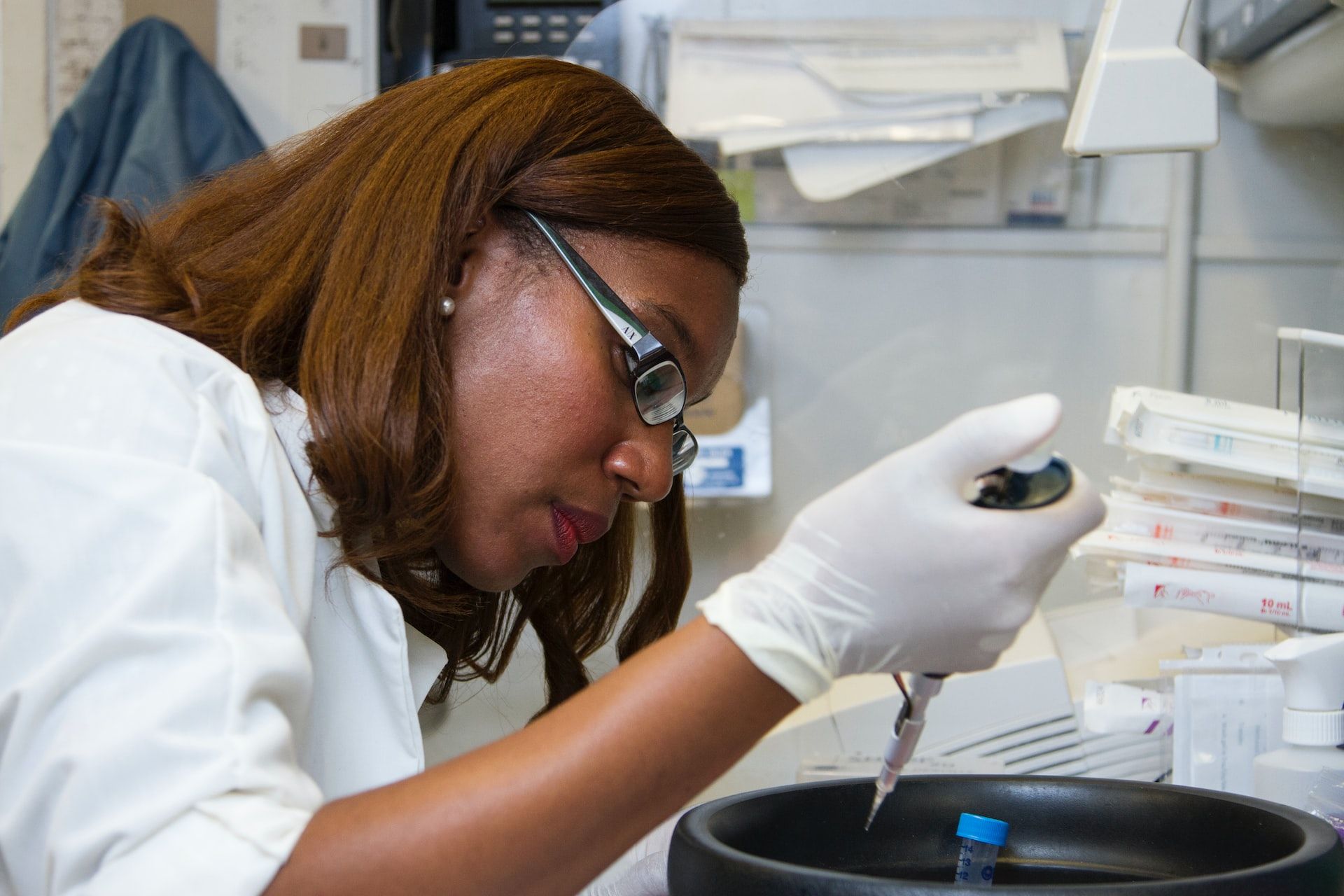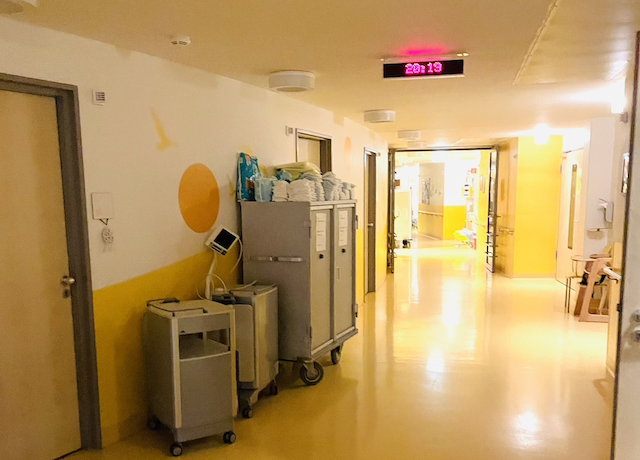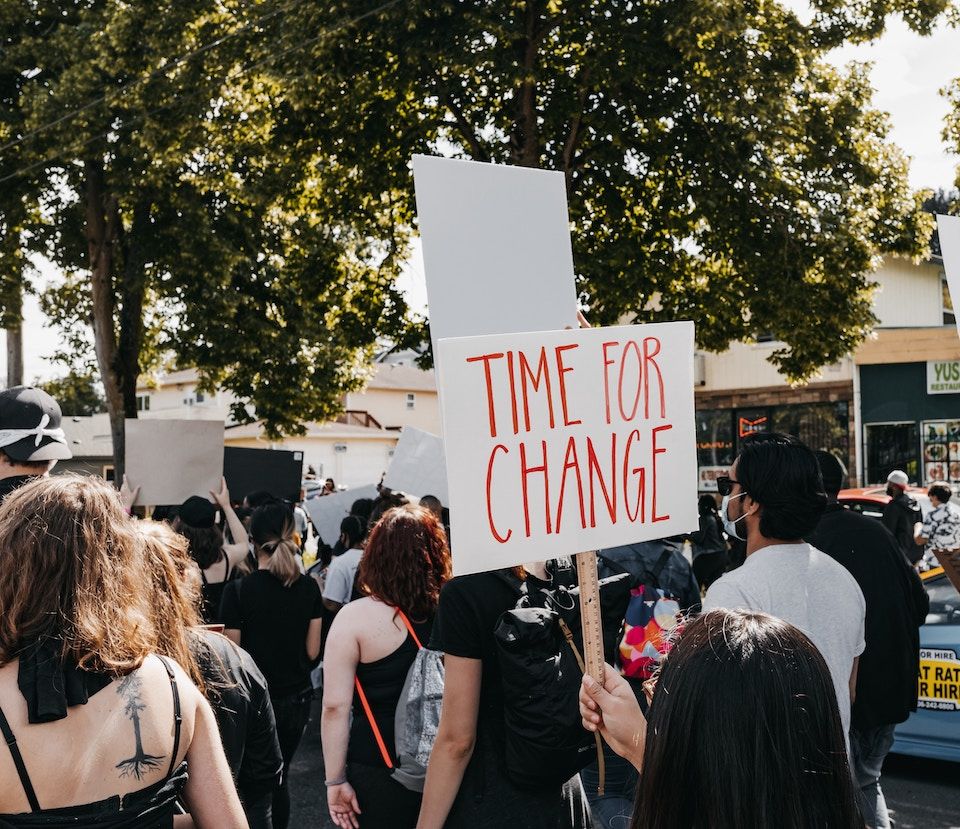Ending AIDS in Africa's children by 2030
African leaders have united to end AIDS in children by 2030 with a plan of action and international support.
On February 1st, 2023, African leaders gathered in Tanzania for the first ministerial meeting of the Global Alliance to End AIDS in Children. The goal of the Alliance is to eliminate AIDS in children by the year 2030. The twelve African countries involved in the alliance include Angola, Cameroon, Côte d'Ivoire, Democratic Republic of the Congo (DRC), Kenya, Mozambique, Nigeria, South Africa, United Republic of Tanzania, Uganda, Zambia, and Zimbabwe.
The global HIV/AIDS pandemic continues to have a devastating impact on children, with a child dying from AIDS-related causes every five minutes. Despite this, only 52% of children living with HIV are receiving life-saving treatment, compared to 76% of adults. In 2021, 160,000 children acquired HIV, and children accounted for 15% of all AIDS-related deaths, despite only making up 4% of the total number of people living with the disease.
The Dar-es-Salaam Declaration, aimed at ending AIDS in children, was endorsed unanimously at the meeting. The Alliance will work towards four key pillars to achieve this goal: early testing and treatment for children, closing the treatment gap for pregnant women, preventing new infections in pregnant women and adolescent girls, and addressing rights and equality issues that hinder access to services. The leaders were joined by international organizations, such as UNICEF, UNAIDS, WHO, The Global Fund, and PEPFAR, who all pledged their support in ending AIDS in children.
 Photo by National Cancer Institute
Photo by National Cancer Institute
UNICEF's Associate Director, Anurita Bains, expressed the organization's commitment to supporting the leaders' efforts, stating, "Every child has the right to a healthy and hopeful future, but for more than half of children living with HIV, that future is threatened." The Executive Director of UNAID, Winnie Byanyima, added, "As the leaders noted, with the science that we have today, no baby needs to be born with HIV or get infected during breastfeeding, and no child living with HIV needs to be without treatment."
WHO's Director-General, Dr. Tedros Adhanom Ghebreyesus, stated that the Global Alliance is a much-needed initiative to revitalize progress in ending AIDS in children, and the organization is committed to supporting countries in realizing this goal. The Executive Director of The Global Fund, Peter Sands, emphasized the need for action, saying, "In 2023, no child should be born with HIV, and no child should die from an AIDS-related illness."
The U.S. Global AIDS Coordinator and Director of PEPFAR, John Nkengasong, expressed confidence in the alliance's ability to close the treatment gap for children, saying, "Closing the gap for children will require laser focus and a steadfast commitment."
In conclusion, the first ministerial meeting of the Global Alliance to End AIDS in Children marks a significant step forward in the effort to eliminate AIDS in children by 2030. With the support of international organizations and a unified commitment from African leaders, there is hope that this goal can be achieved and children around the world can live a healthy and hopeful future free from HIV/AIDS.





